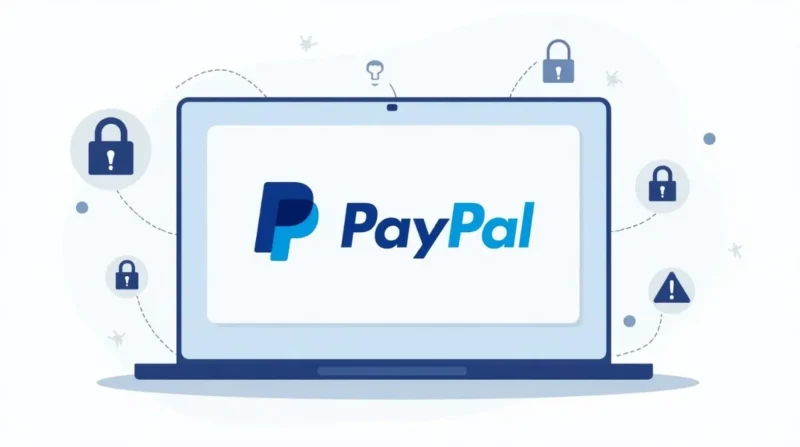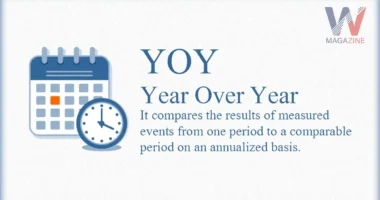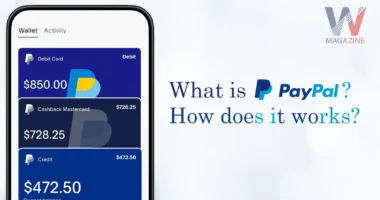Table of Contents
PayPal stands as one of the most popular platforms for conducting online transactions, providing users with both ease of use and robust security measures. However, the process of verifying a PayPal account can be time-consuming, leading some individuals to consider purchasing a pre-verified account. While this might seem like a quick solution, it’s essential to understand the potential risks and consequences involved.
What Is a Verified PayPal Account?
A verified PayPal account has successfully completed PayPal’s verification process, which typically involves linking and confirming a bank account or credit card. Verification increases account credibility, removes certain limitations, and allows for higher transaction amounts.
Why Do People Consider Buying Verified Accounts?
Some individuals or businesses might consider buying a verified PayPal account to:
• Bypass the time-consuming verification process.
• Access higher transaction limits immediately.
• Operate in countries where PayPal’s services are limited or restricted.
• Engage in activities that might not comply with PayPal’s terms of service.
The Risks of Buying a Verified PayPal Account
1. Violation of PayPal’s Terms of Service
PayPal explicitly forbids the buying and selling of accounts, viewing such actions as a clear violation of its user agreement and policies. Engaging in such activities can lead to immediate account suspension or permanent bans. PayPal’s policies are designed to protect users and maintain the integrity of the platform.
2. Legal Implications
Purchasing a PayPal account can have legal consequences. Depending on your jurisdiction, this action might be considered fraudulent or illegal, potentially leading to fines or other legal actions.
3. Risk of Scams and Fraud
The market for buying verified PayPal accounts is rife with scams. Unscrupulous sellers might:
• Provide fake or stolen accounts.
• Retain access to the account and misuse it later.
• Disappear after receiving payment without delivering the account.
Engaging with such sellers can result in financial loss and compromised personal information.
4. Account Security Concerns
Even if you receive a genuine account, there’s no guarantee of its security. The previous owner might have:
• Used weak passwords or security questions.
• Linked the account to suspicious activities.
• Left behind unresolved disputes or negative feedback.
These factors can lead to account limitations or closures.
5. Loss of Funds
If PayPal detects that an account has been transferred or sold, they may freeze the account and its funds. Recovering these funds can be challenging, especially if the account is linked to fraudulent activities.
6. Damage to Reputation
For businesses, using a purchased account can harm credibility. Customers value transparency and trustworthiness. If they discover that a business is operating through illegitimate means, it can lead to loss of trust and potential legal repercussions.
Safer Alternatives to Buying a Verified Account
1. Create and Verify Your Own Account
” PayPal firmly disallows any activity involving the purchase or sale of user accounts, considering it a direct breach of its terms and conditions. PayPal’s regulations are thoughtfully structured to ensure user protection while preserving the platform’s reliability, credibility, and operational integrity.
2. Use Alternative Payment Platforms
If PayPal’s services are limited in your region, consider using other reputable payment platforms that operate in your country. Take the time to explore and select payment platforms that not only meet the specific requirements of your business but also adhere to the legal and regulatory standards in your region.
3. Seek Assistance from PayPal Support
If you’re facing challenges with account verification, reach out to PayPal’s customer support. They are capable of offering personalised support and advice that aligns precisely with the unique details of your circumstances.
Conclusion
Although purchasing a verified PayPal account may appear to be an easy and time-saving option, the potential dangers and consequences significantly surpass any short-term advantages it might offer. From legal issues and scams to account security concerns, the dangers are significant. It’s always best to follow legitimate channels, ensuring the safety and integrity of your financial transactions.









